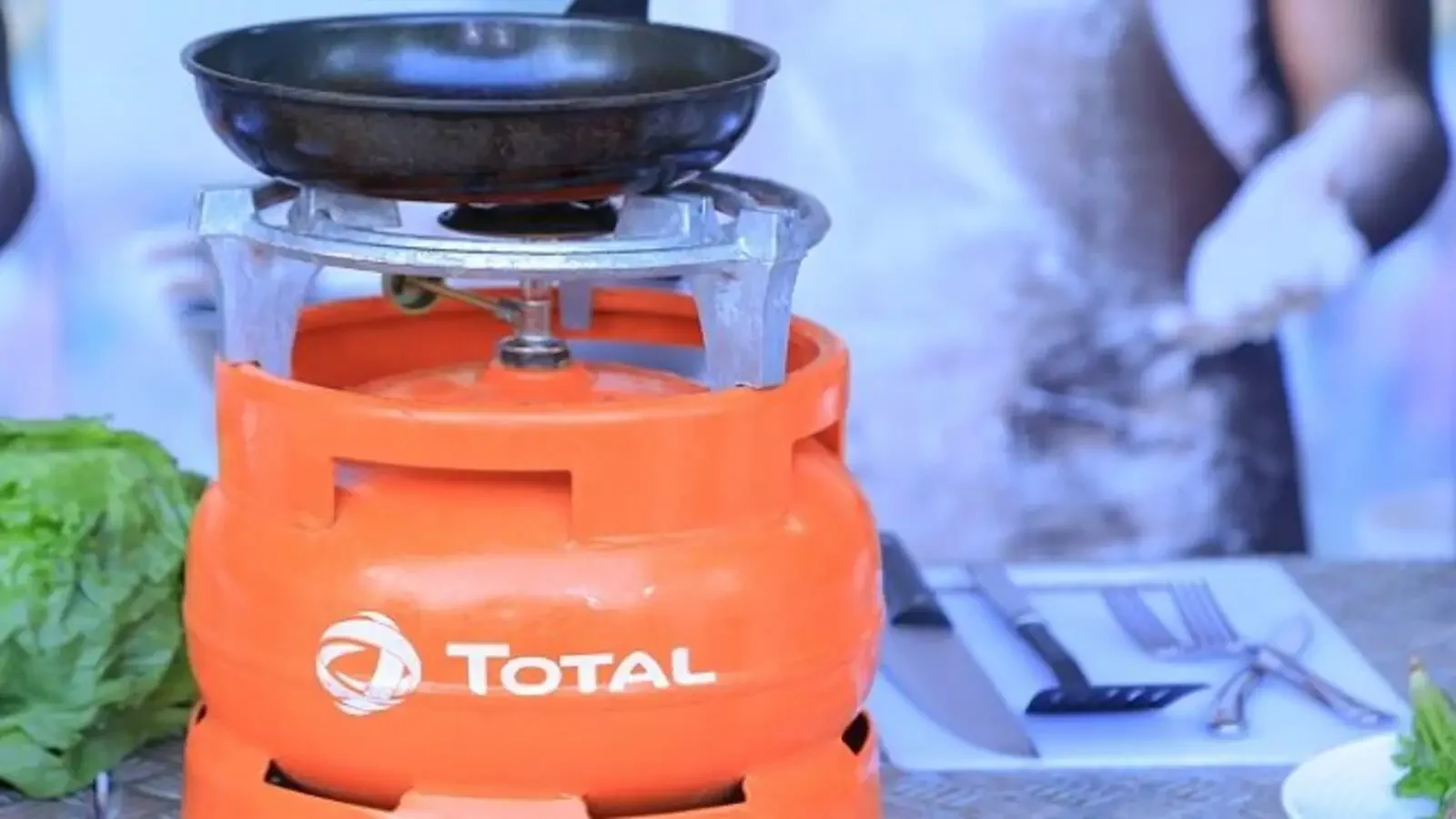Share
Members of Parliament have requested that the import duty on cooking gas be revised if the government is to be successful in addressing deforestation and charcoal burning.
Legislators stated that the present cost of cooking gas is prohibitively high and would continue to encourage forest destruction.
“Despite the government’s announcement on tree cutting and charcoal burning, we are not prepared to comply.” Instead, the government should lower gas taxes since the price is exorbitant,” stated Hon. Geoffrey Macho (Ind., Busia Municipality) during a plenary session led by Speaker on Thursday, November 30, 2023.
Macho revealed that in Kenya, 10 kilos of Stabex gas costs Shs30,000, but it is sold for Shs80,000. He questioned how Ugandans who could not pay such a high fee could be expected to follow the prohibition on charcoal burning or deforestation.
Macho requested that the government provide incentives, such as providing gas to underprivileged towns as a form of environmental conservation.
Speaker Among suggested that Parliament use the upcoming spending season to investigate incentives to make gas more cheap.
“As we begin the budgeting process, we have said no cutting trees, no burning charcoal; I would like to request that the Executive consider lowering the cost of gas.” “We should have gas incentives in the new budget,” she remarked.
She asked legislators to behave as environmental conservation role models by actively engaging in the tree-planting initiative.
“I want to hear that, for example, Hon. Macho has a forest, Mushemeza has planted trees, people should learn from us as leaders of this country,” he remarked.
Legislators expressed concern over the high cost of electricity, which they believe should be used as an alternative source of cooking energy.
“The government should be deliberate in lowering electricity prices; we have electrified; if there is a deliberate effort to reduce the cost, then people can use it for cooking,” stated Hon. Solomon Silwany (NRM, Bukooli Central County).
According to Moses Walyomu, MP for Kagoma County, the cost of connecting dwellings to electricity lines is too expensive for average Ugandans.
“How can you charge connection fees at Shs700,000 when some people cannot earn that amount in a year?” Walyomu was incredulous.
The Speaker requested an update from the Ministry of Energy and Mineral Development on the rural electrification initiative, stating that many areas are still not connected despite the country producing enormous amounts of power.
“I’ve seen some electricity poles that have been in place for over twenty years.” People have taken to burning them as firewood. “It would be prudent for the ministry to come here and update this House on when they intend to connect the dots,” she added.






